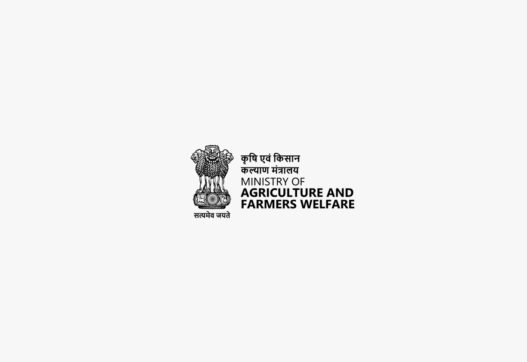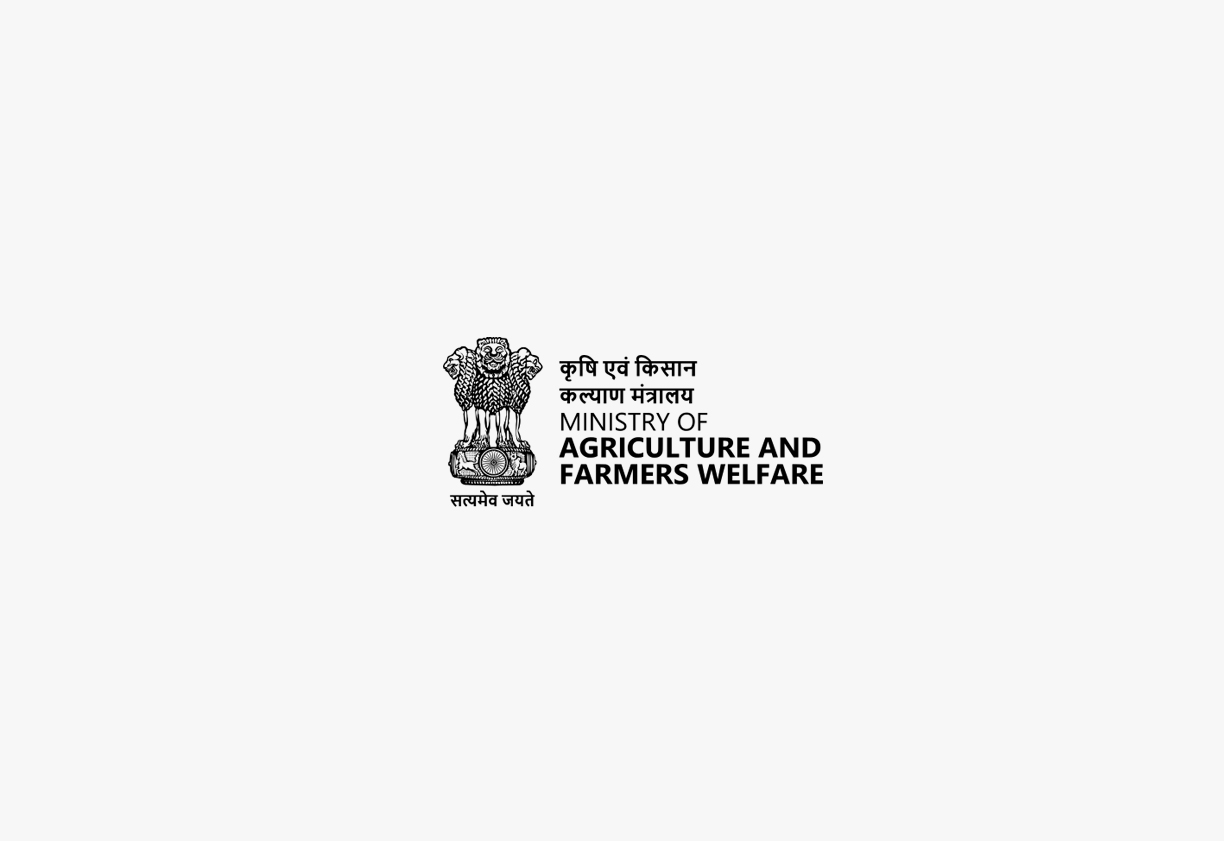Ministry of Agriculture and Farmers Welfare
The Indian Veterinary Council Act, 1984, is a key legislation in India that aims to regulate veterinary practice and provide for the establishment of the Veterinary Council of India and State Veterinary Councils. This Act seeks to maintain standards in veterinary education, registration, and professional conduct. This article provides a summary of the Act, highlighting its background, key provisions, and governance structures.
1. Act Background and Ministry:
-
Background: The Indian Veterinary Council Act, 1984, was enacted to regulate veterinary practice and to provide for the establishment of a Veterinary Council of India and State Veterinary Councils. It aims to ensure that veterinary professionals are qualified and adhere to ethical standards.
-
Ministry: The Act is primarily administered by the Ministry of Fisheries, Animal Husbandry and Dairying, Government of India.
2. Enactment Date, Number of Chapters, Number of Sections:
-
Enactment Date: The Act was enacted on August 18, 1984.
-
Number of Chapters: The Act is divided into eight chapters.
-
Number of Sections: The Act contains 67 sections.
3. Act Governed By:
The Act is primarily governed by the Central Government, which has the power to establish the Veterinary Council of India, appoint its members, and make rules for carrying out the purposes of the Act. The State Governments also have a role in establishing State Veterinary Councils and regulating veterinary practice within their respective jurisdictions.
4. On Whom It Is Applicable:
The Act applies to:
-
Veterinary Practitioners: Individuals practicing veterinary medicine in India.
-
Veterinary Institutions: Universities and other institutions granting degrees, diplomas, or licenses in veterinary science.
-
Indian Veterinary Council: The council established under this Act.
-
State Veterinary Councils: Councils established by State Governments to regulate veterinary practice.
-
Members of the Council: Individuals appointed to the Veterinary Council of India and State Veterinary Councils.
-
Insolvency Professionals: Individuals appointed as bankruptcy trustees.
5. Penalties/Punishments:
The Act prescribes penalties for violations of its provisions, including:
-
Fines: Fines are imposed for various offenses, such as falsely claiming to be registered, misusing titles, and practicing without registration.
-
Removal from Register: Names of registered veterinary practitioners may be removed from the register for misconduct or other offenses.
-
Imprisonment: Imprisonment may be imposed for certain offenses, particularly for practicing without registration.
6. Important Pointers:
-
Establishment of the Council: The Act establishes the Veterinary Council of India (VCI) as a body corporate.
-
Composition of the Council: The VCI consists of members nominated by the Central Government, representatives from veterinary institutions, and elected members from among registered practitioners.
-
Functions of the Council: The VCI’s functions include regulating veterinary education, maintaining the Indian Veterinary Practitioners Register, and promoting professional conduct.
-
State Veterinary Councils: The Act provides for the establishment of State Veterinary Councils to regulate veterinary practice at the state level.
-
Indian Veterinary Practitioners Register: The Act mandates the maintenance of a register of recognized veterinary practitioners.
-
Recognition of Qualifications: The Act outlines the process for recognizing veterinary qualifications granted by institutions in India and abroad.
-
Power to Make Rules: The Central Government has the power to make rules for carrying out the purposes of the Act.
-
Power to Make Regulations: The Council has the power to make regulations for the efficient conduct of its affairs.
-
Professional Conduct: The Act empowers the Council to regulate the professional conduct and ethics of veterinary practitioners.
Act Copy:




